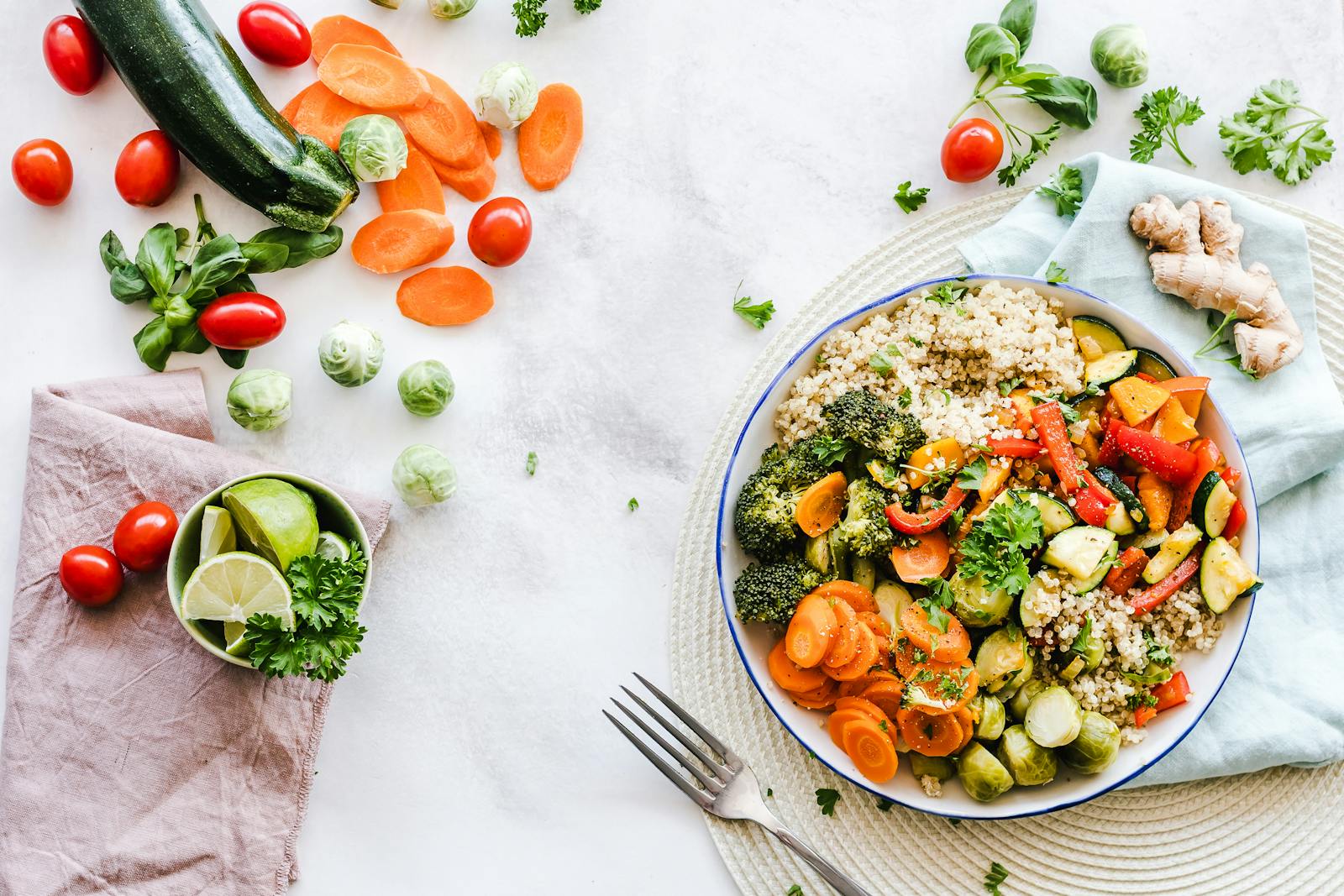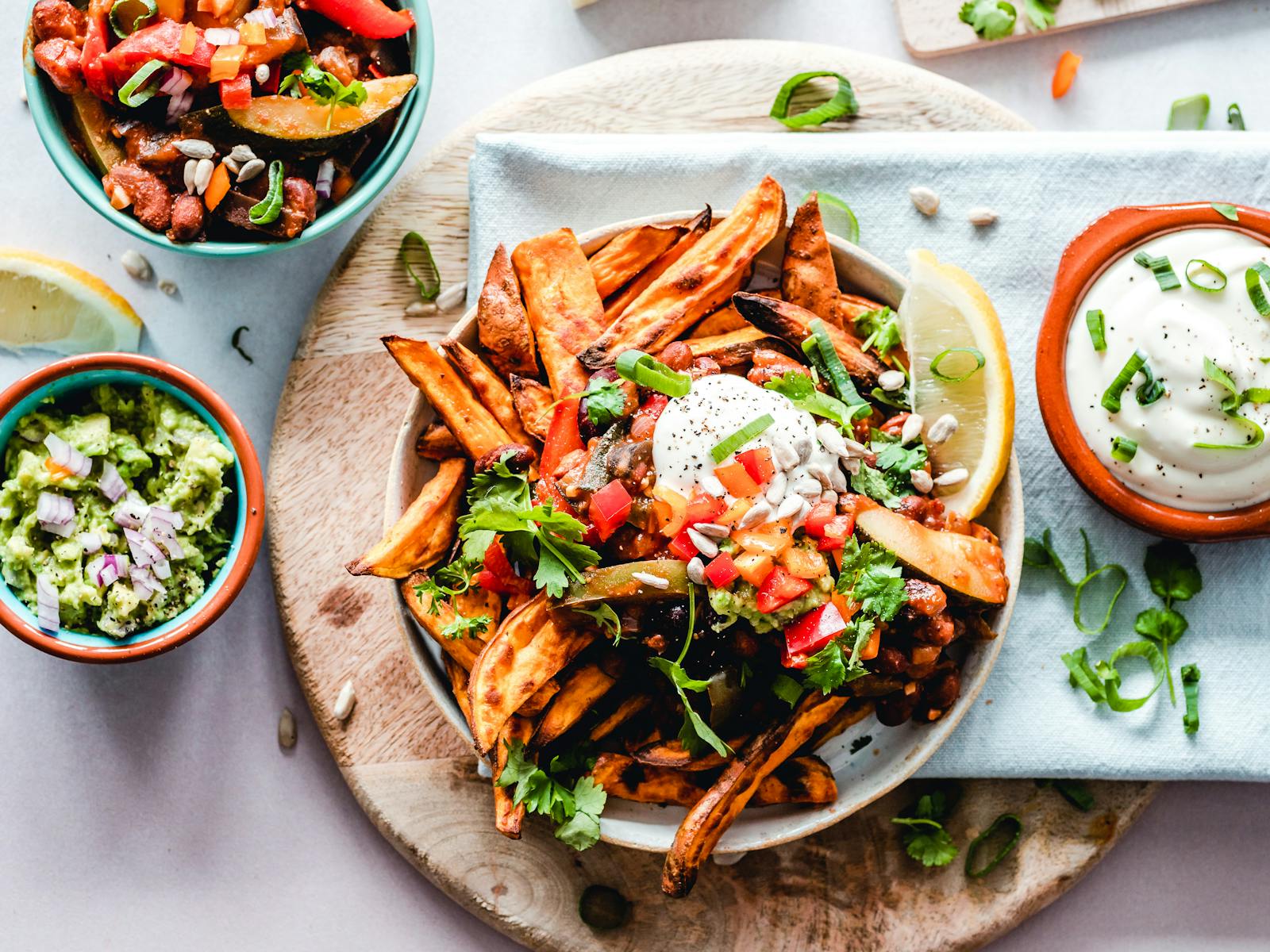Balanced Plate Guide: 7 Important Techniques for Healthy And Balanced Eating and Part Control
Balanced Plate Guide: 7 Important Techniques for Healthy And Balanced Eating and Part Control
Blog Article
Well Balanced Plate Guide: 7 Important Strategies for Healthy And Balanced Eating and Portion Control

Eating an all-round diet plan and controlling the quantity of food you consume are important for overall health. A thoughtfully made up dish gives the required nutrients in the correct amounts, promoting overall health and decreasing the danger of long-term diseases. To support your efforts, below are 7 key strategies for developing a nourishing diet regimen and understanding part management.
Discovering the Different Food Categories
A well-shaped meal features a varied range of food classifications, each supplying crucial nutrients. Leafed environment-friendlies and vivid veggies supply an increase of vitamins, minerals, and fiber, whereas fruits are packed with vitamins and anti-oxidants that combat complimentary radicals. Amino acid-rich foods like lean meats, fish, vegetables, and nuts play an important duty in structure and fixing muscle mass. Whole grains, such as wild rice and quinoa, offer continual power and fiber, while milk products or their options contribute to solid bone thickness.
Is it feasible to occasionally appreciate less healthy options while still keeping a well-balanced diet?
Picture Your Perfect Portion
To ensure a well balanced meal, picture your plate divided into areas. Fifty percent of your plate should be full of vegetables and fruits, with more veggies than fruits. One-quarter of home plate should have lean healthy protein sources, and the continuing to be quarter must be committed to whole grains. This approach aids Exactly how can I gauge the suitable serving sizes for a harmonious dish? preserve appropriate percentages and makes certain variety in your diet regimen?
Practicing Mindful Eating
Mindful eating can dramatically improve your consuming habits. Consuming slowly and appreciating your food aids you identify when you're complete, protecting against overindulging. Avoiding disturbances, such as enjoying television or using your phone while consuming, enables you to concentrate on your dish. Listening to your body's appetite and volume hints guarantees you eat when you're really hungry and stop when you're pleased.
Controlling Food Quantities for a Healthier You
Appropriate portion control is critical for preserving a healthy and balanced weight. Using smaller plates can make portions show up larger, assisting you eat less. Reading food tags and focusing on serving sizes ensures you're taking in the appropriate quantities. Determining parts with mugs and spoons can help you remain on track.
Picking Nutritious Snack Options
Consuming nutritious treats such as fresh fruits and veggies, nuts assist in sustaining energy degrees during the day. These snack choices are not only simple to prepare yet also offer important nutrients like protein, healthy and balanced fats, and probiotics. By incorporating these treats right into your diet, you can promote a well-rounded eating plan and stay clear of enjoying undesirable snacks.
Organizing Your Meal Plans
Preparation meals in advance of time can assist you make healthier options. Producing a weekly menu that describes dishes for breakfast, lunch, supper, and snacks can keep you organized. Preparing ingredients in advance, such as chopping veggies and cooking grains, saves time during the week. Batch cooking enables you to prepare bigger amounts of meals and freeze portions for later usage.
Remaining Hydrated
Proper hydration is crucial for general wellness. Purpose to drink at the very least eight glasses of water a day, and restriction sweet beverages like soft drink and sugary juices. Carrying a canteen with you encourages routine drinking, guaranteeing you remain hydrated throughout the day.
